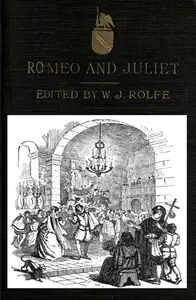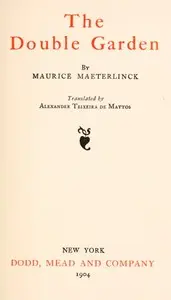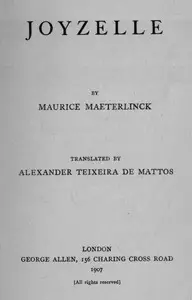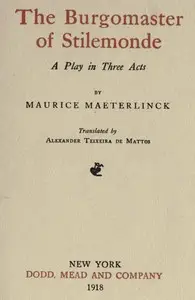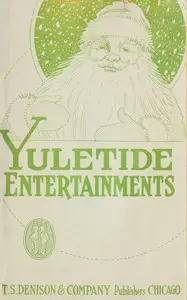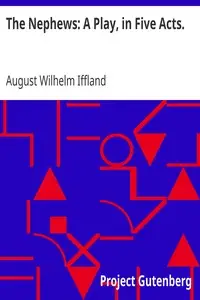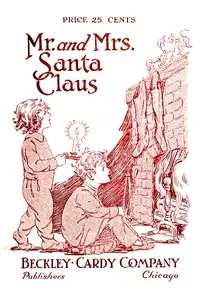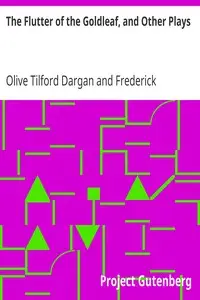"Pélléas and Mélisande; Alladine and Palomides; Home" by Maurice Maeterlinck is a symbolist play from the late 1800s that shows the entwined stories of love, destiny, and the puzzling world of human feelings. Readers are introduced to Pélléas, Mélisande, Golaud, and the royal family, and the story becomes an exploration of relationships and deep emotional pain. The play starts with characters moving about castle gates and nearby forests. Golaud meets Mélisande crying near a spring, and a mysterious relationship takes form. As Golaud brings Mélisande to the castle, her fragile nature and hidden past are revealed. Pélléas, Golaud's brother, is pulled into the family drama, and secret feelings and emotional stress begin to grow, hinting at a tragic mix of love and sorrow.
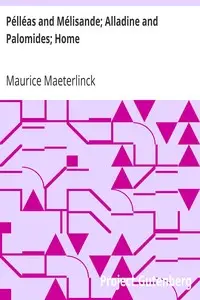
Pélléas and Mélisande; Alladine and Palomides; Home
By Maurice Maeterlinck
Amidst castle walls and shadowed forests, forbidden love blossoms, weaving a tragic tale of hidden feelings, fragile souls, and unavoidable fate.
Summary
About the AuthorMaurice Polydore Marie Bernard Maeterlinck, also known as Count/Comte Maeterlinck from 1932, was a Belgian playwright, poet, and essayist who was Flemish but wrote in French. He was awarded the Nobel Prize in Literature in 1911 "in appreciation of his many-sided literary activities, and especially of his dramatic works, which are distinguished by a wealth of imagination and by a poetic fancy, which reveals, sometimes in the guise of a fairy tale, a deep inspiration, while in a mysterious way they appeal to the readers' own feelings and stimulate their imaginations". The main themes in his work are death and the meaning of life. He was a leading member of La Jeune Belgique group, and his plays form an important part of the Symbolist movement. In later life, Maeterlinck faced credible accusations of plagiarism.
Maurice Polydore Marie Bernard Maeterlinck, also known as Count/Comte Maeterlinck from 1932, was a Belgian playwright, poet, and essayist who was Flemish but wrote in French. He was awarded the Nobel Prize in Literature in 1911 "in appreciation of his many-sided literary activities, and especially of his dramatic works, which are distinguished by a wealth of imagination and by a poetic fancy, which reveals, sometimes in the guise of a fairy tale, a deep inspiration, while in a mysterious way they appeal to the readers' own feelings and stimulate their imaginations". The main themes in his work are death and the meaning of life. He was a leading member of La Jeune Belgique group, and his plays form an important part of the Symbolist movement. In later life, Maeterlinck faced credible accusations of plagiarism.





